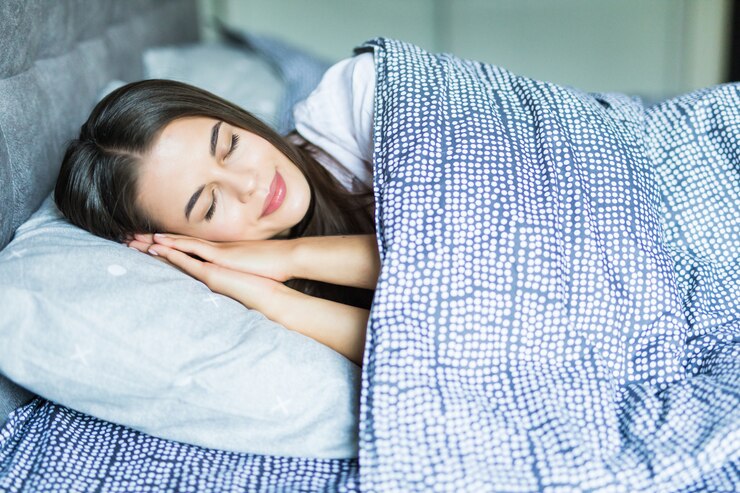Suggests gaining a better understanding of the relationship between sleep, circadian rhythms and mental health could unlock new holistic treatments to alleviate mental health problems. Sleep disturbances, such as insomnia, are well understood in the development and maintenance of psychiatric disorders, but our understanding of circadian disturbances lags behind. It is important to understand how these factors interact so we can develop and apply sleep-circadian interventions that benefit the sleep and mental health symptoms of patients Insomnia is more common in people with mental health disorders than in the general population – during remission, acute episodes and especially in early psychosis, where difficulty falling and staying asleep affects over half of individuals. Sleep is thought to play a key role in how the brain forms new neural connections and processes emotional memories. Meanwhile, the few studies looking at circadian rhythm sleep-wake disorders (CRSWD) suggest that 32% of patients with bipolar disorder go to sleep and wake later than usual (a condition called Delayed Sleep-Wake Phase Disorder). Body clock processes (such as endogenous cortisol rhythms) have been reported to run seven hours ahead during manic episodes and four to five hours behind during the depressive phase. Timing is normalized upon successful treatment. Around a quarter to a third of people with mood disorders have both insomnia and hypersomnia, where patients find it hard to sleep at night, but are sleepier in the daytime. Similar proportions of people with psychosis experience this combination of sleep disorders.
Thank you for reading this post, don't forget to subscribe!
Friday, June 27, 2025


